Description
There are two basic rules that are worth mentioning in the discourse analysis method, due to their importance in determining the nature of the analytical “procedures” used in this book. The first rule: that the discourses produced in a cultural, historical, and civilizational context are not “closed” discourses, or independent of each other. The mechanisms of “exclusion” and “exclusion” practiced by one discourse against another discourse mean the “presence” of this other discourse, to varying structural degrees, in the structure of the first discourse. Assuming its complete and general absence at the level of “the spoken” and “the understood”, because this absence is nothing but a process of “disappearing” this to achieve “exclusion”. If we add to that that these discourses largely share the nature of the problems that determine their wording, concept and structure, we realize that talking about an independent discourse is nothing but a kind of simplification that leads to falsifying the discourse that is the subject of discourses; and none of them has the right to claim to possess the truth, because the second rule is that all discourses are equal. In terms of what they are, when they do so, they judge themselves to be a “false” discourse. The study. A discourse may enjoy, in a particular historical, social and political context, the prevalence and spread that leads to its control and dominance over other discourses, marginalizing them and throwing them out of the spotlight and focus of attention, but the history of culture in all human societies teaches us that this control and dominance of a particular discourse was achieved through factors of political oppression and social submission, so the discourse approach here is acquitted as much as possible of surrendering to the illusions of established banners (heritage and media) to describe some discourses in a description that aims to place them at the heart of “religion” itself.

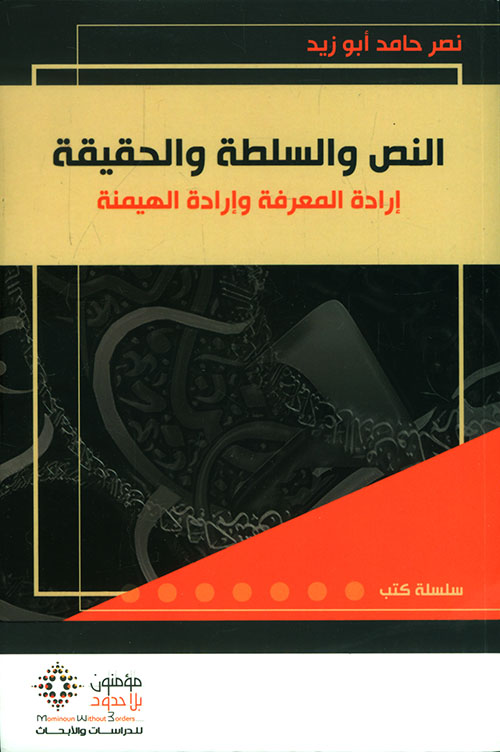
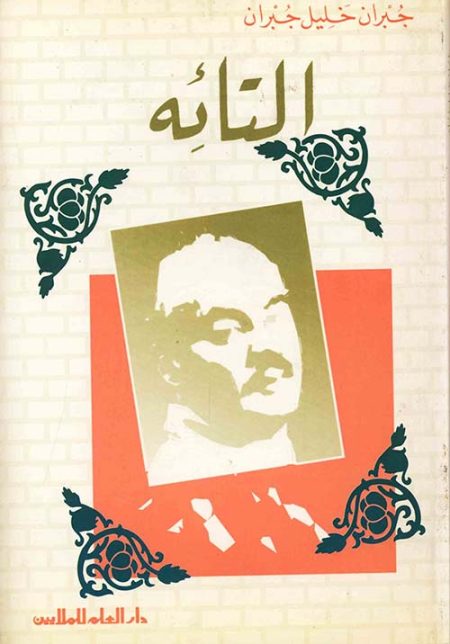

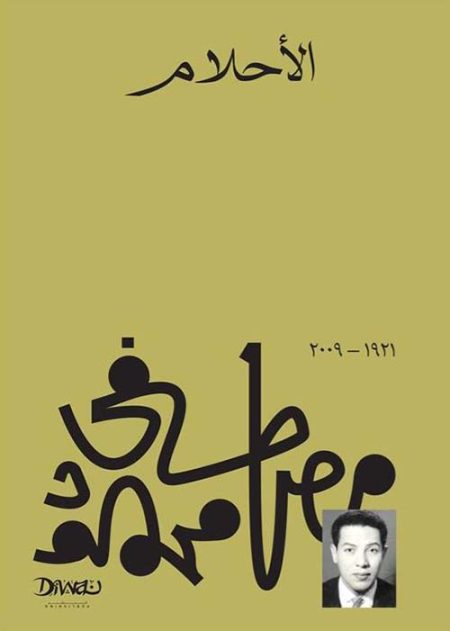
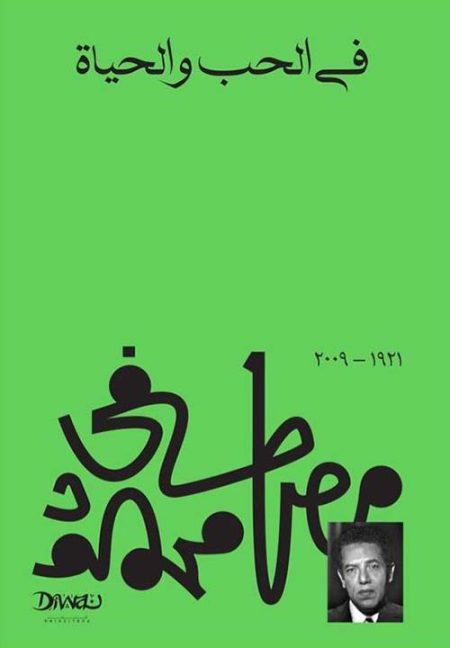
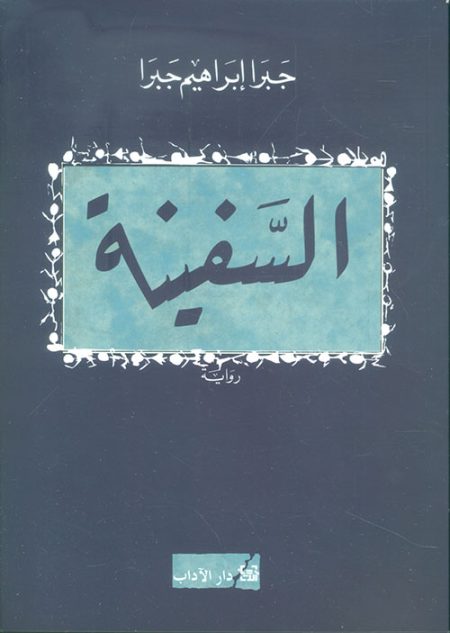
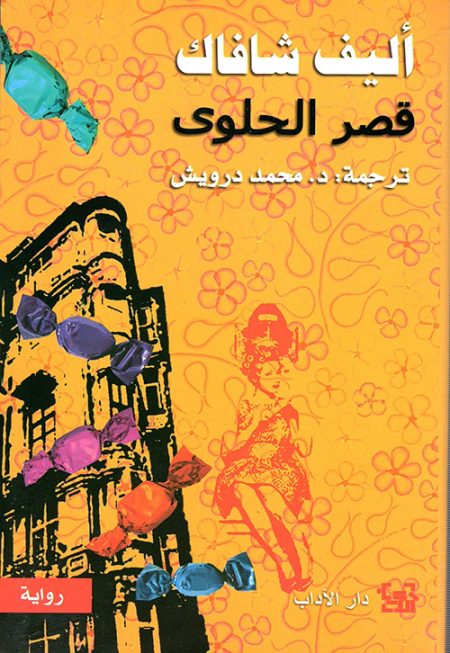
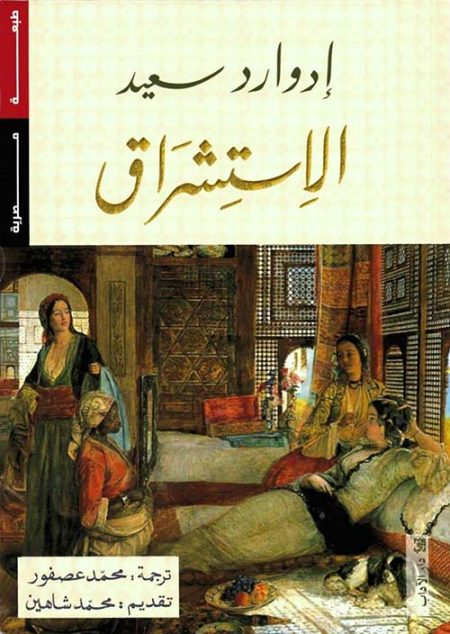
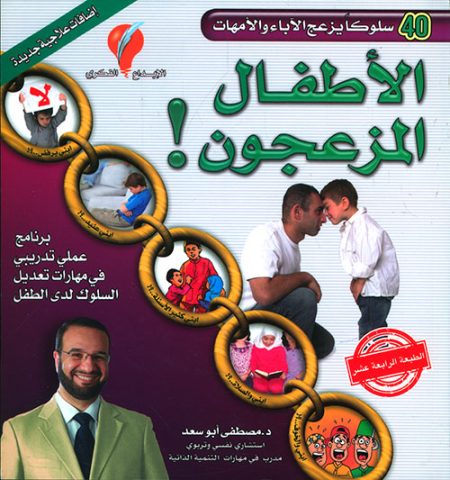
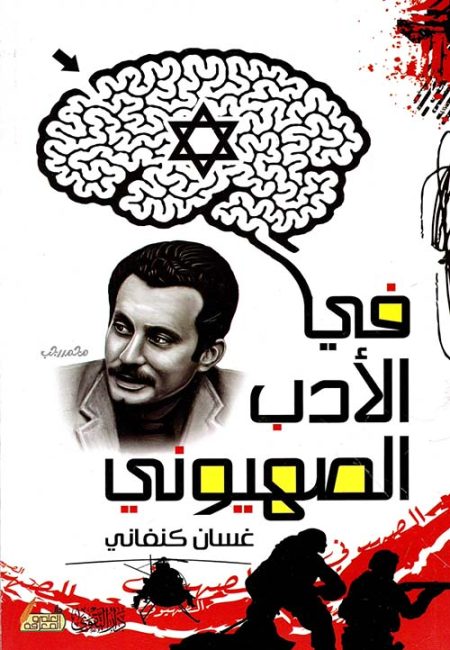
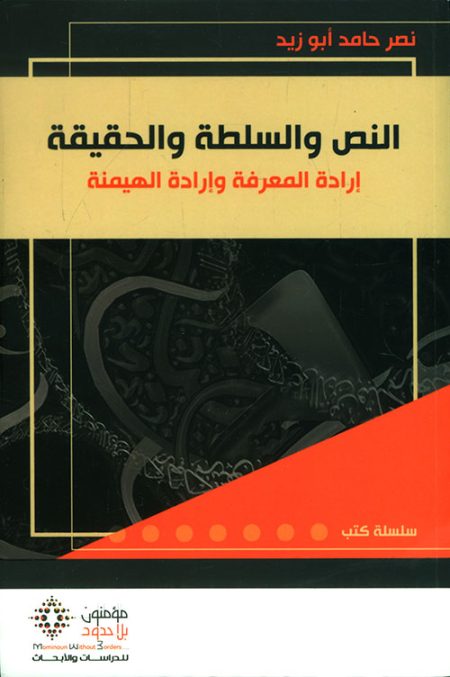
Reviews
There are no reviews yet.